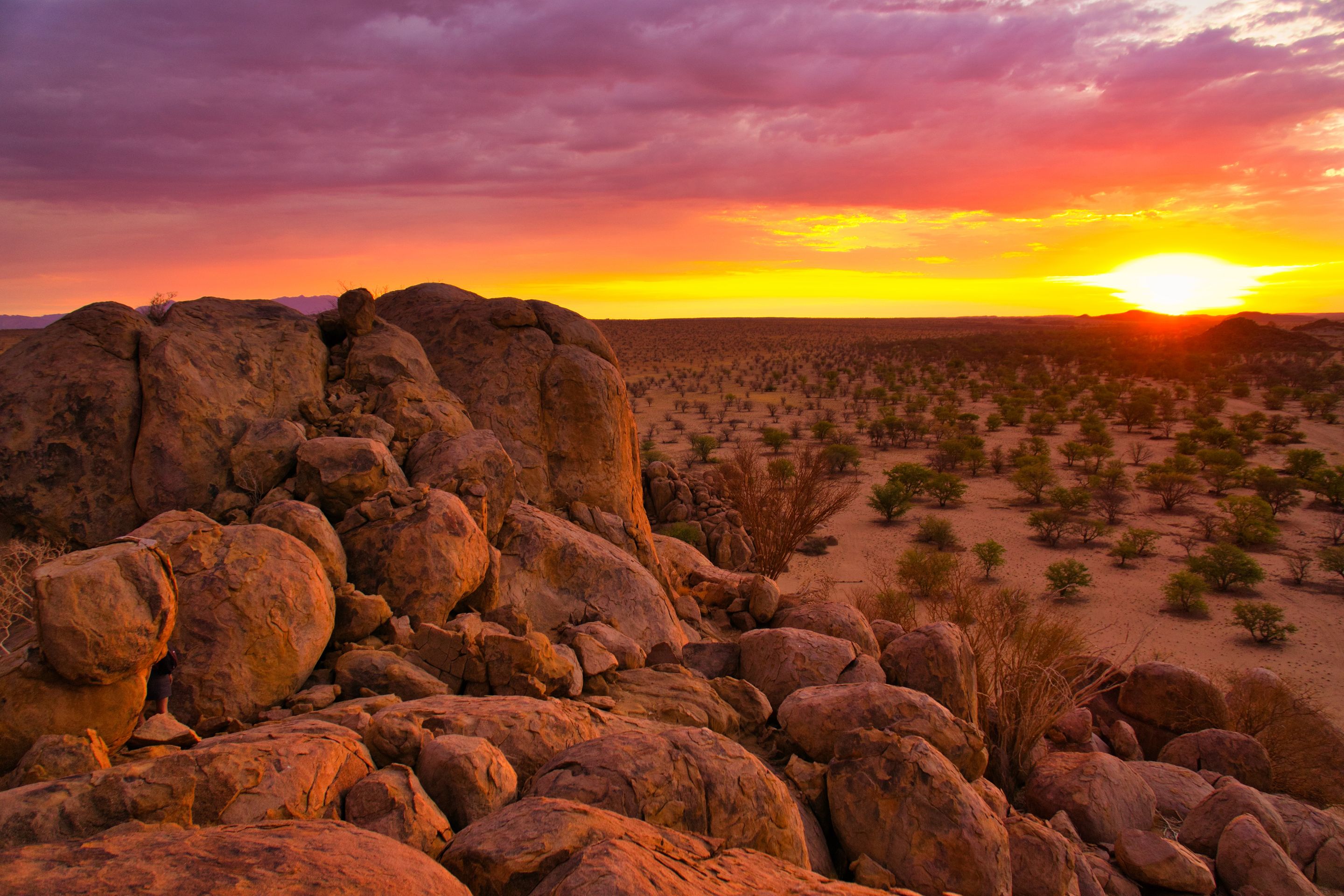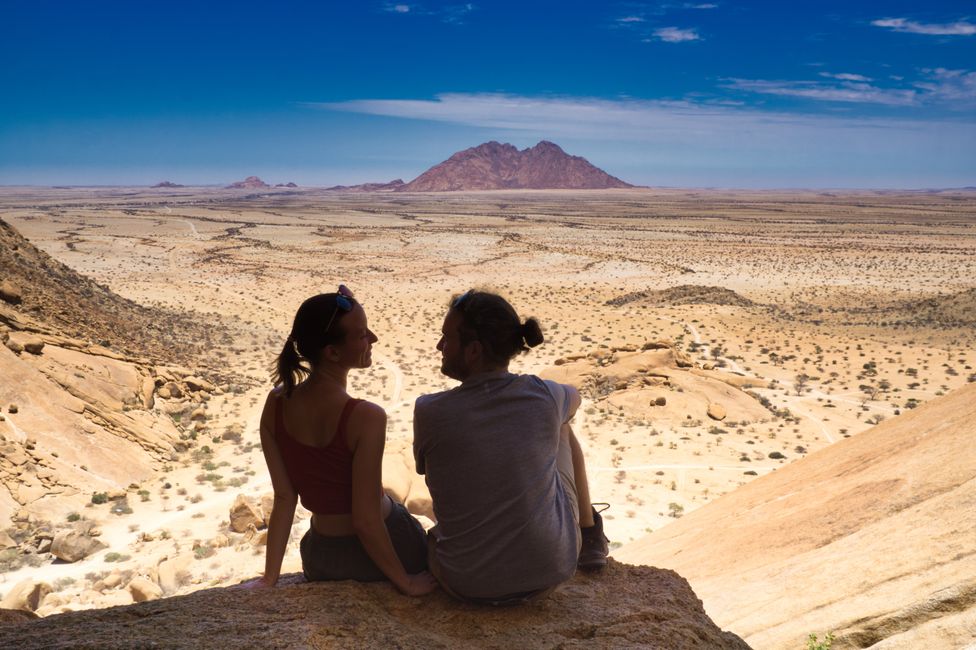Workaway in Nata, Botswana
ప్రచురించబడింది: 02.07.2022
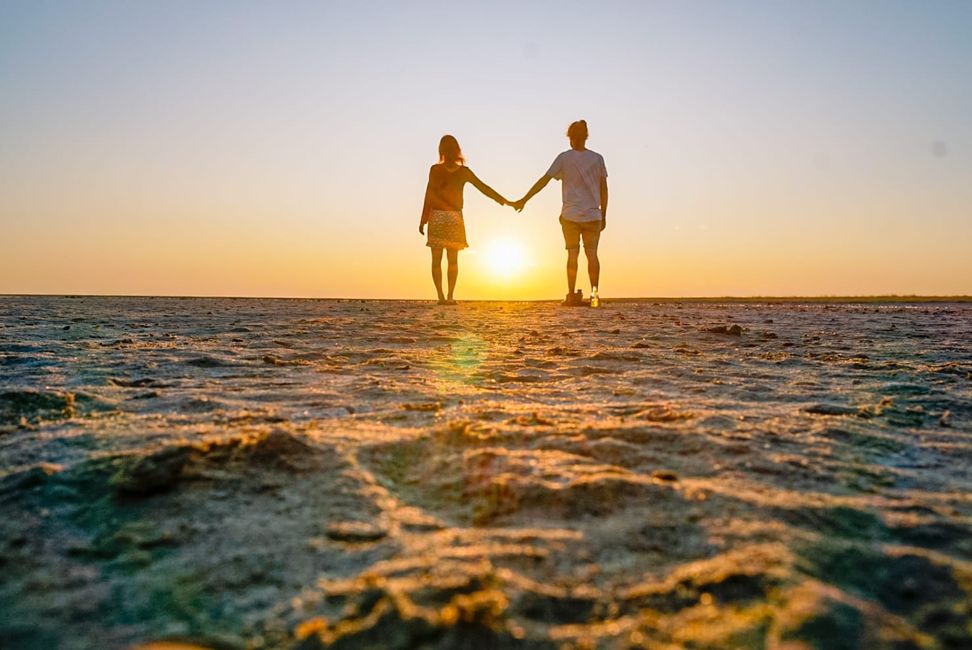
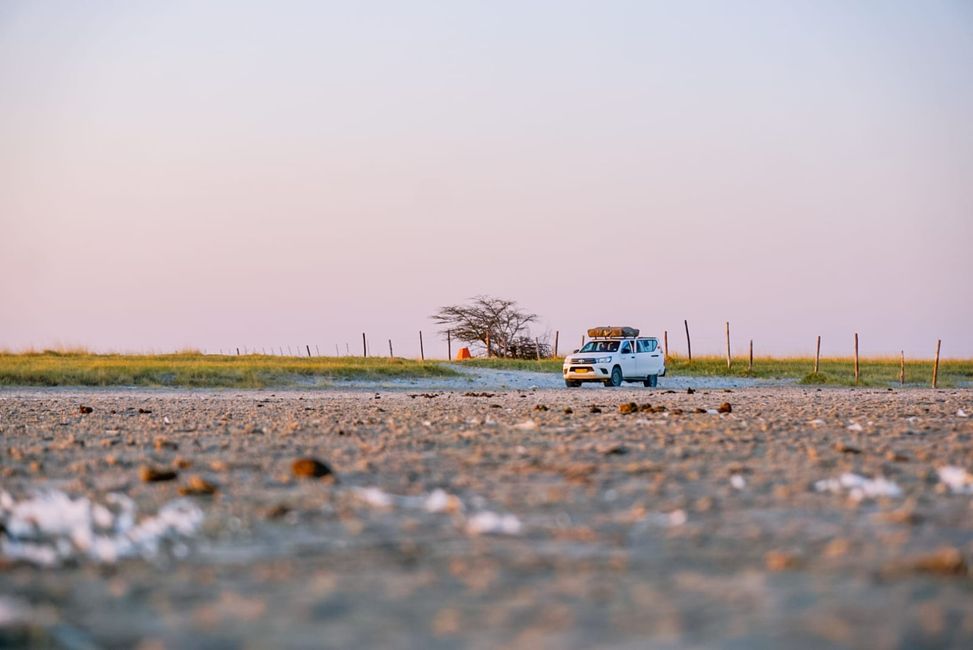
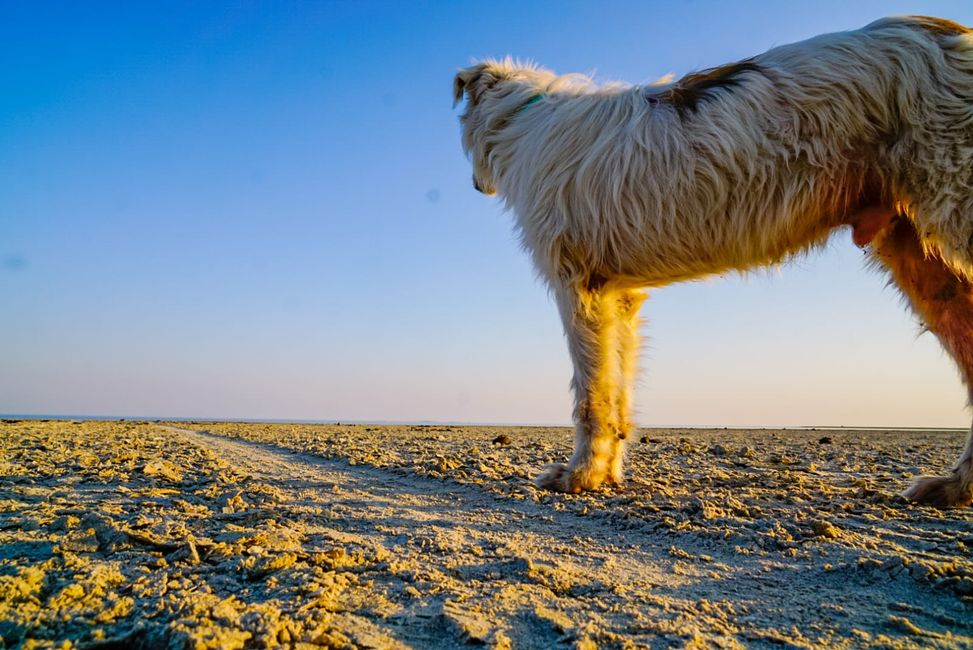
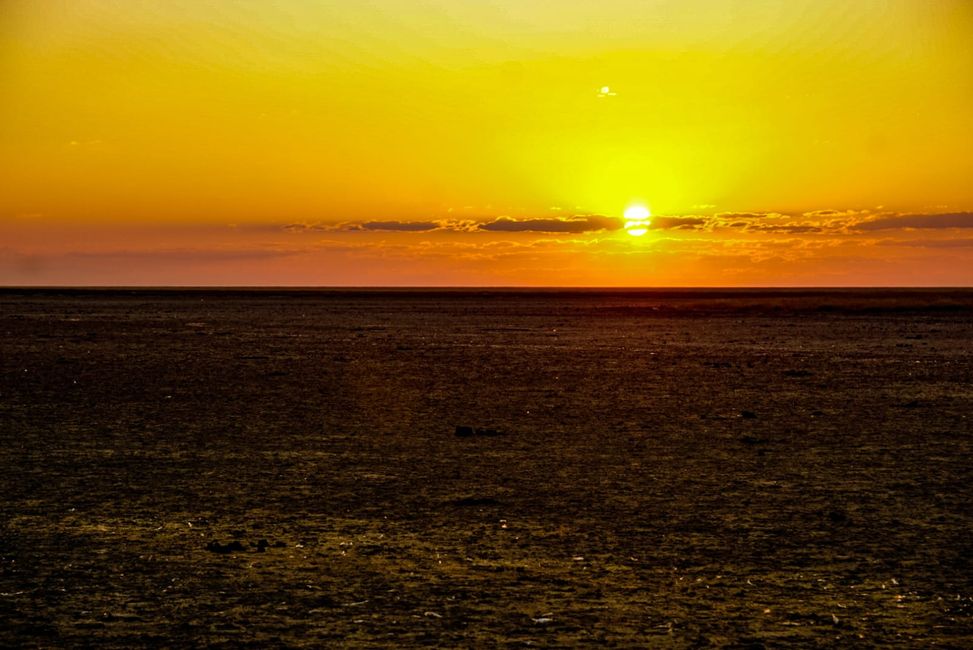
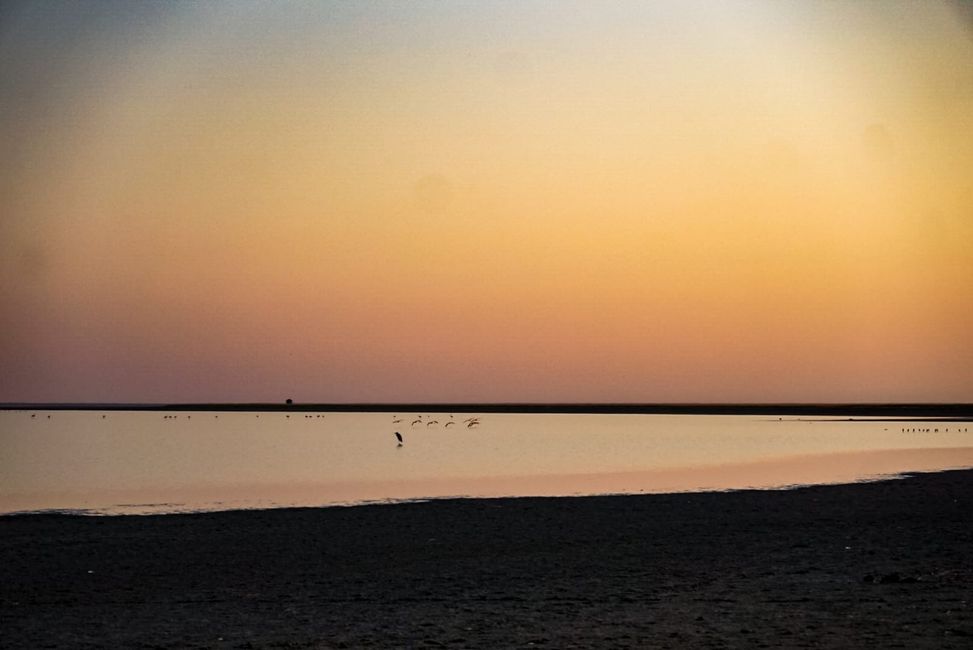
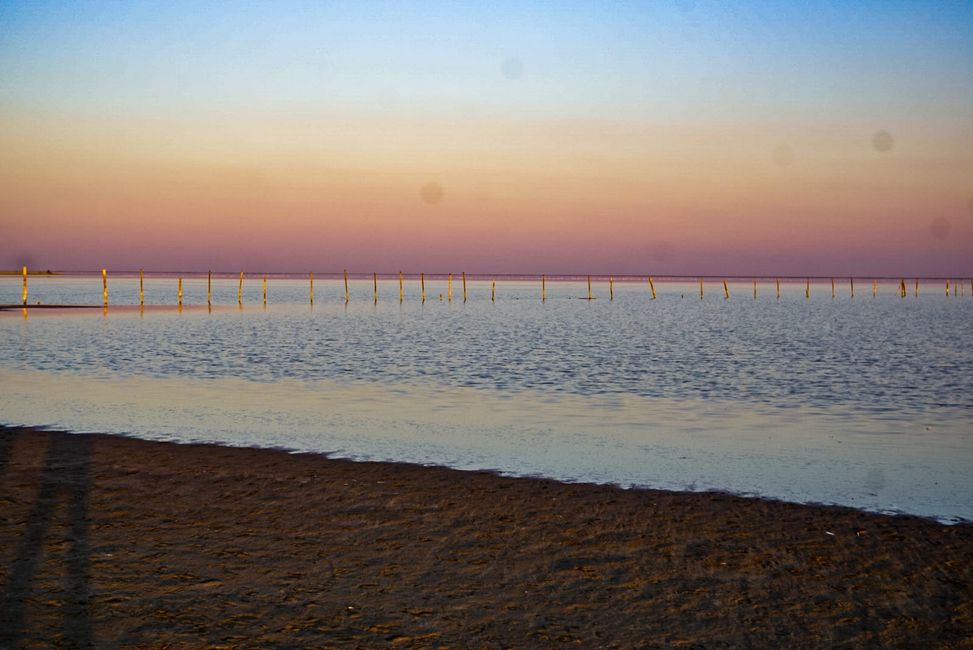
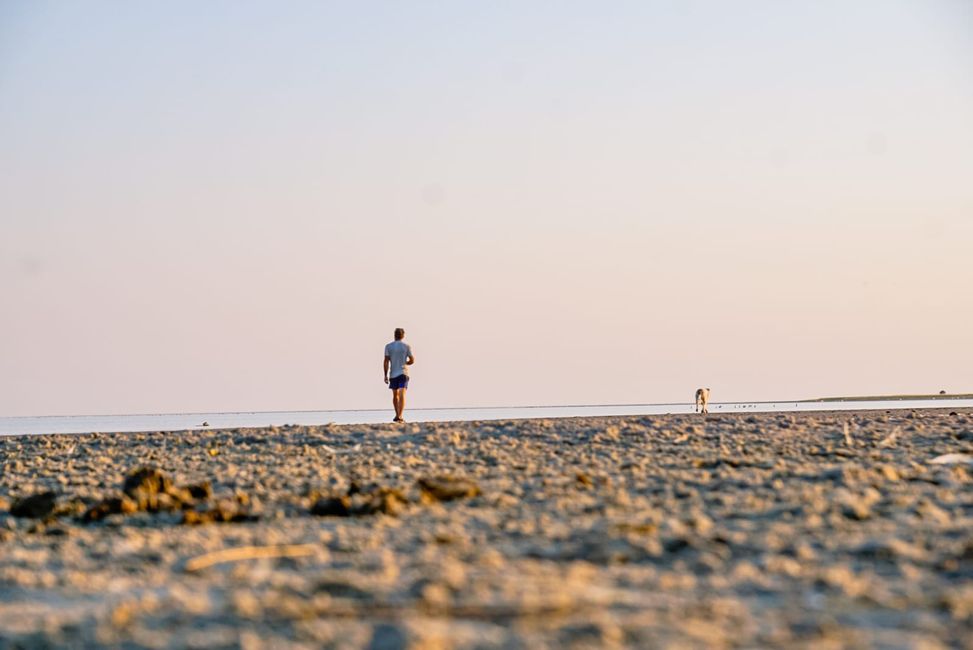
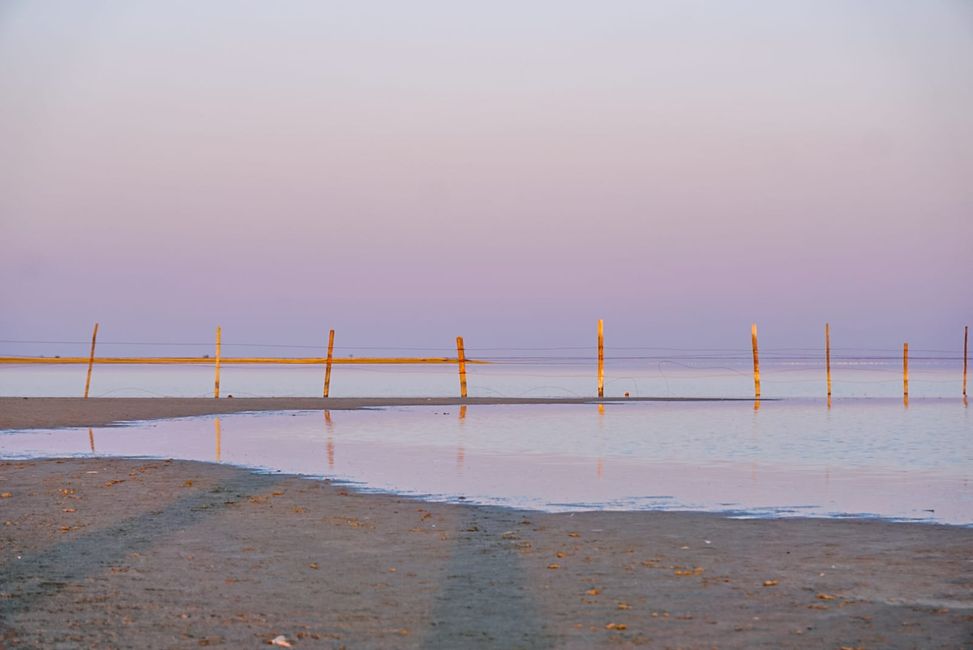
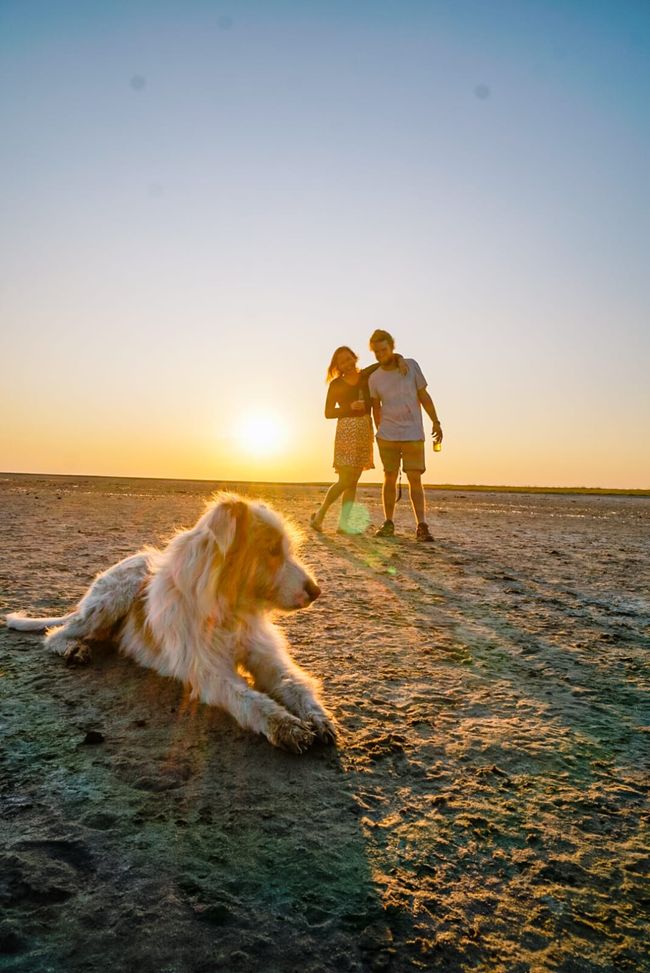
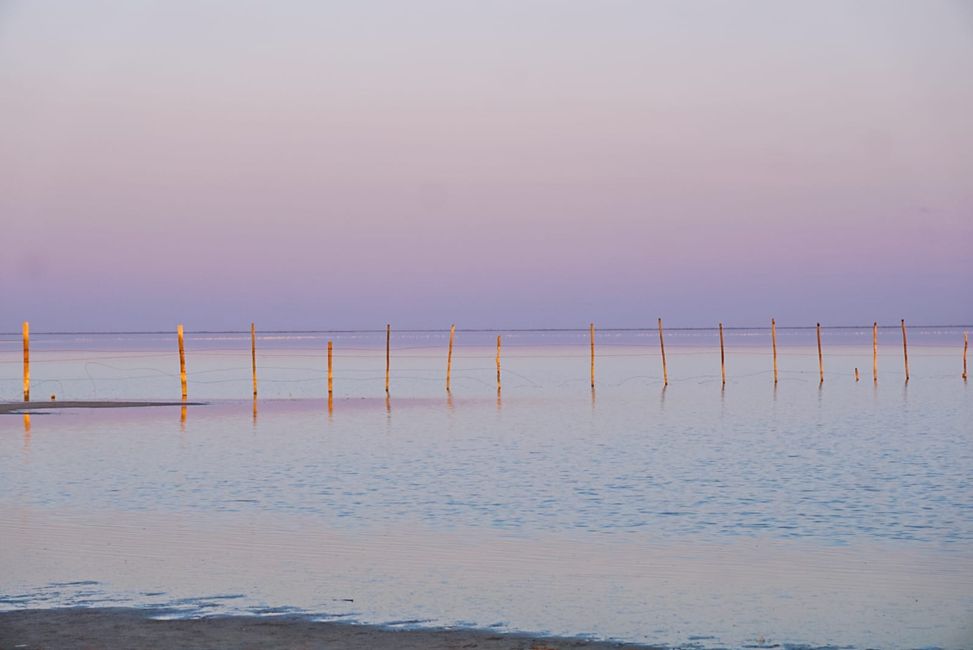
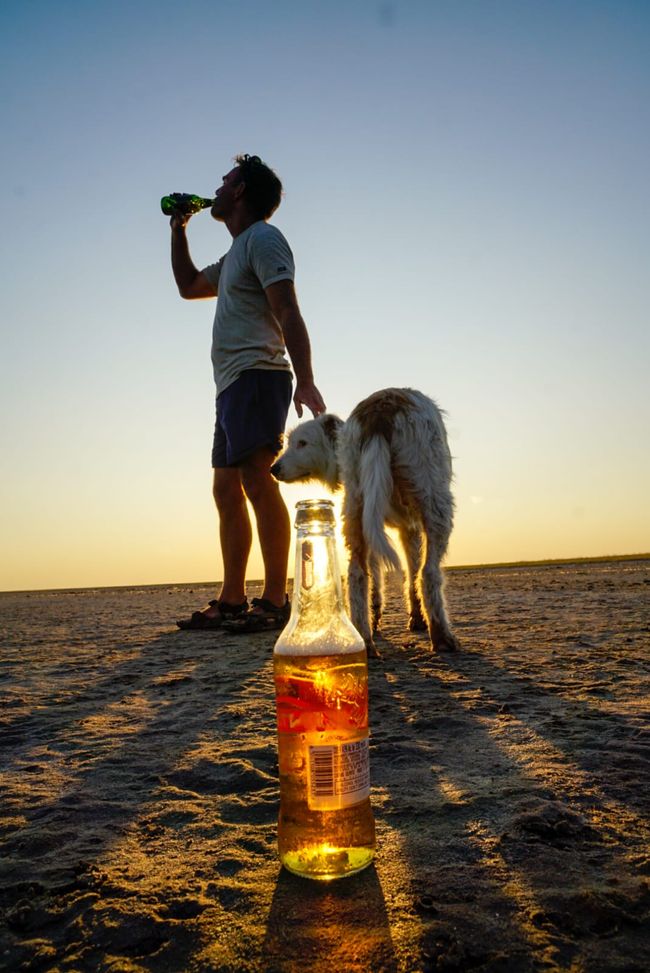
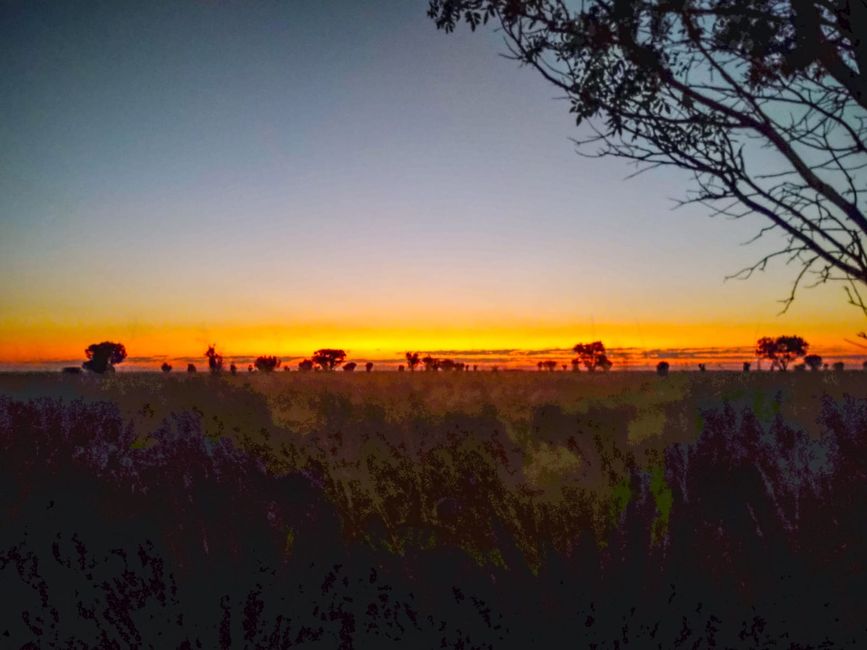
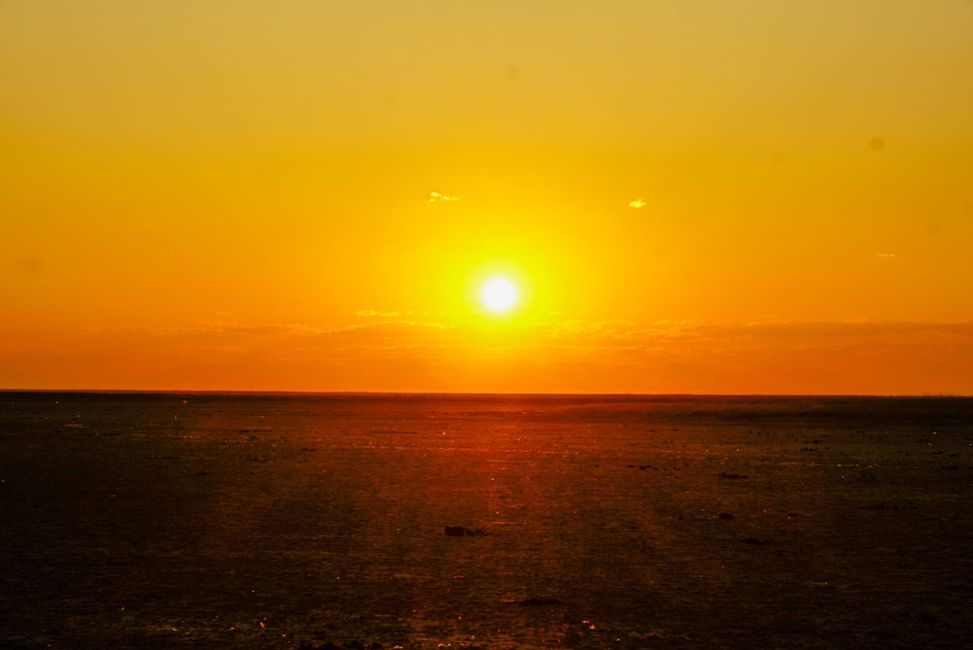
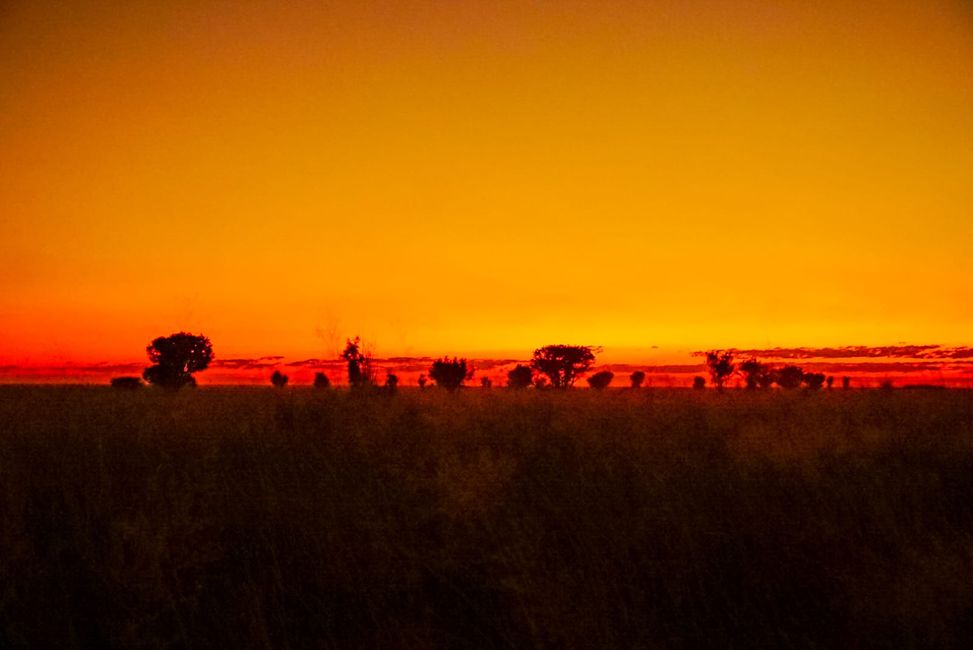
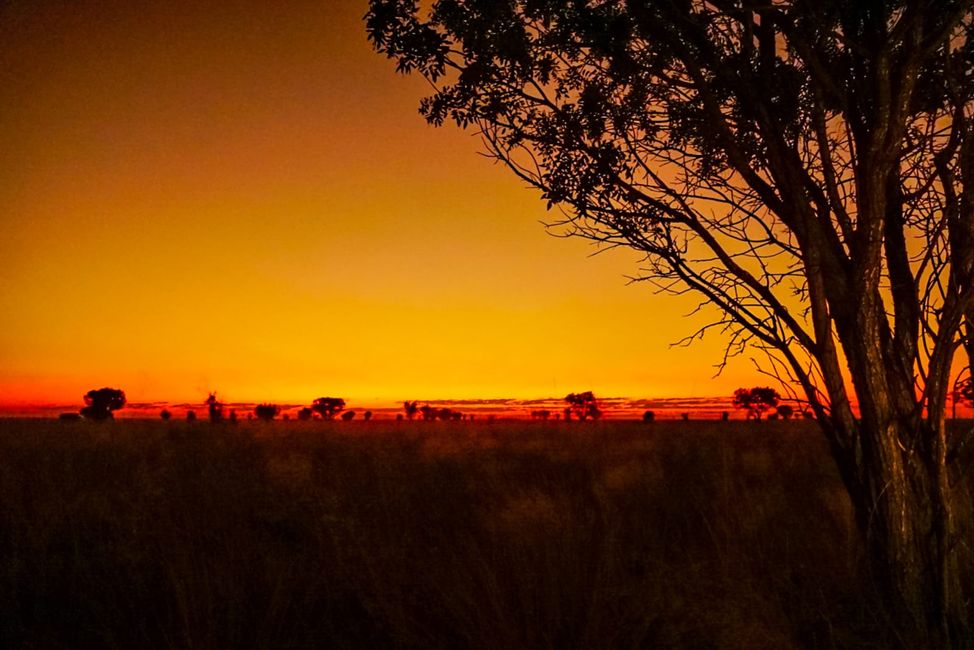
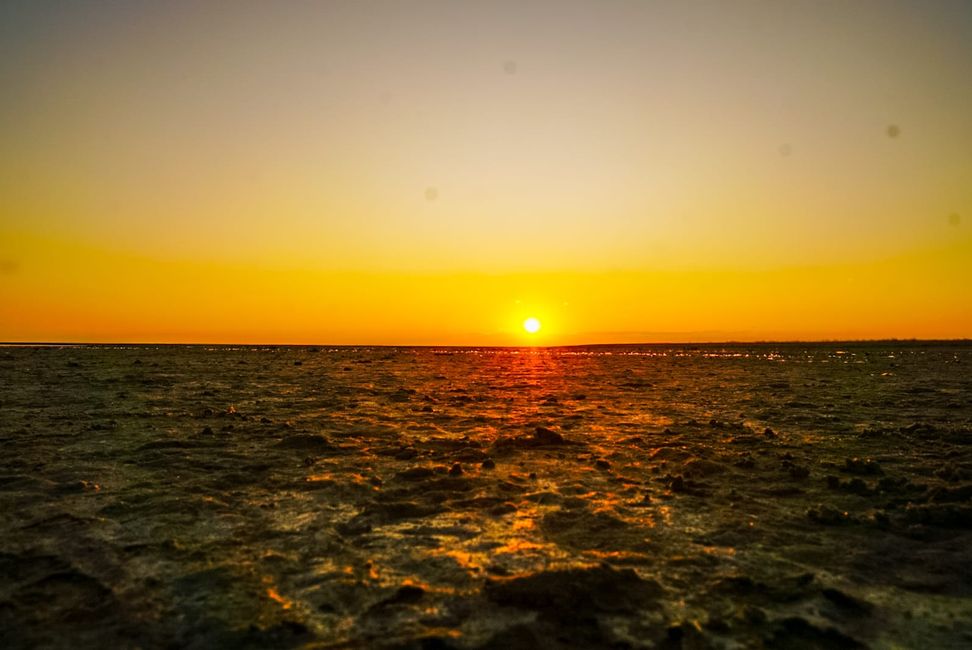
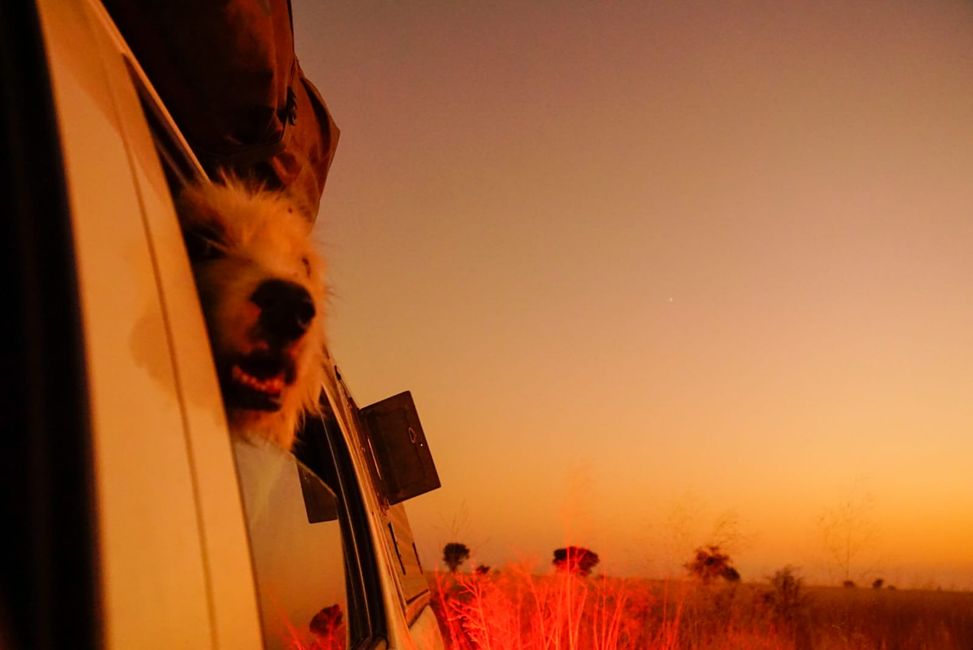
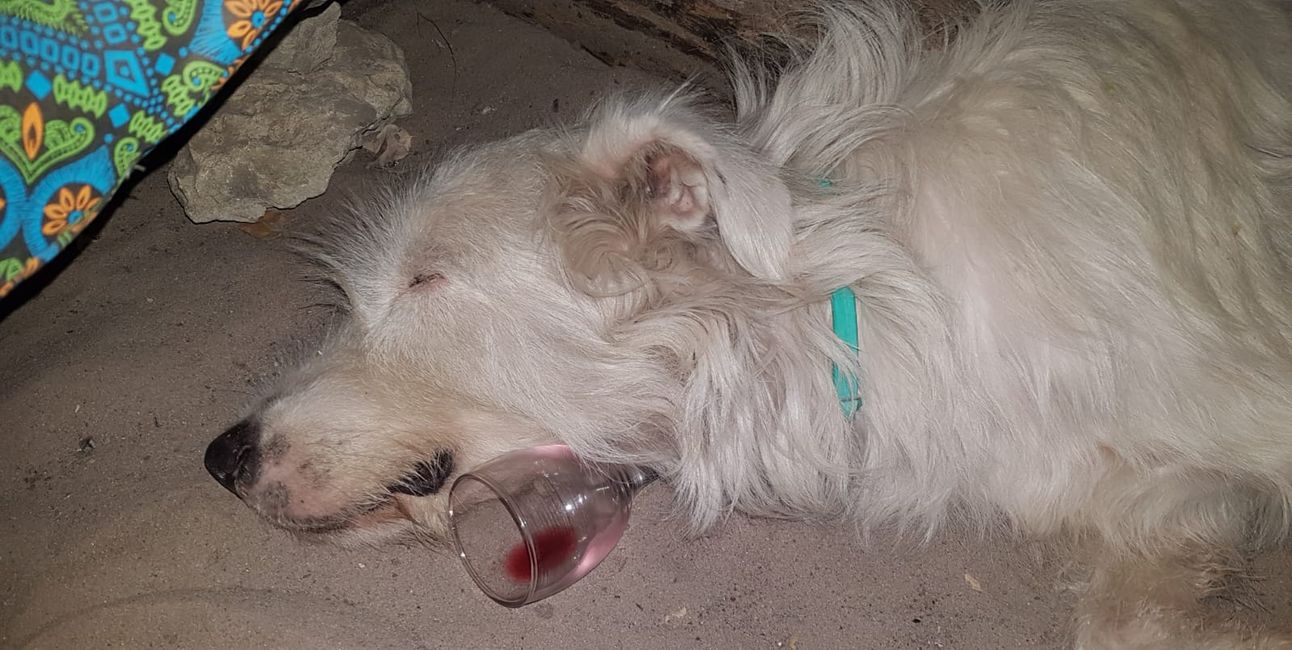
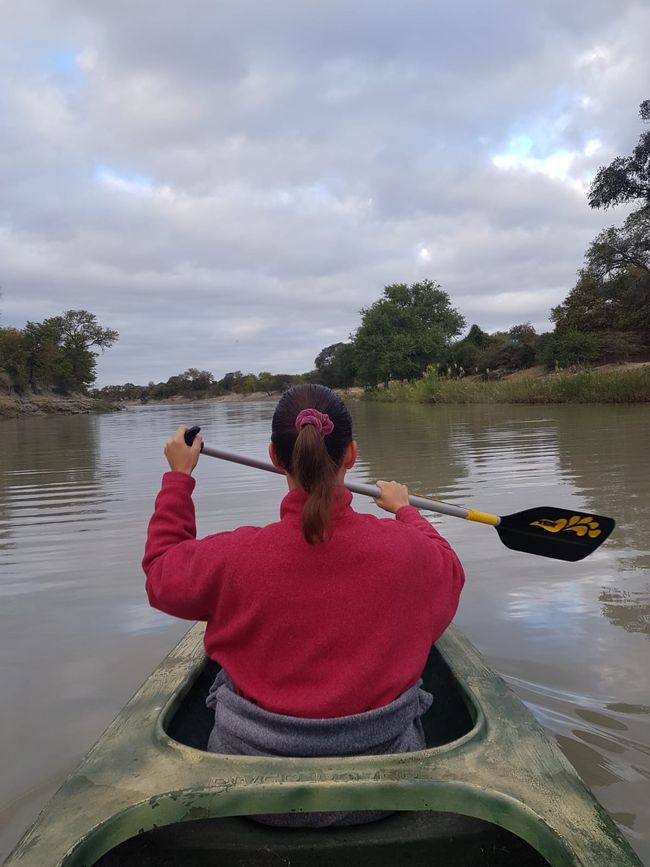
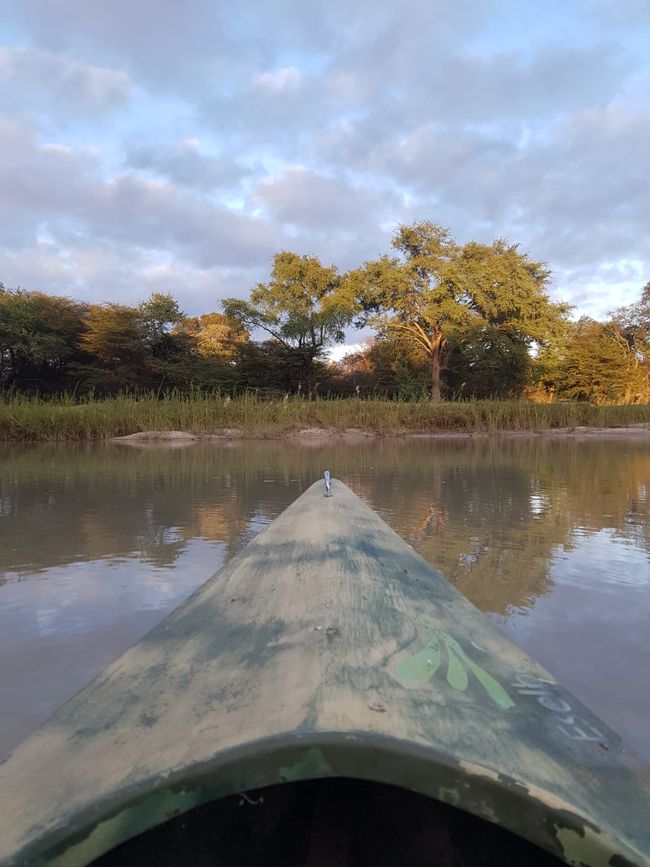
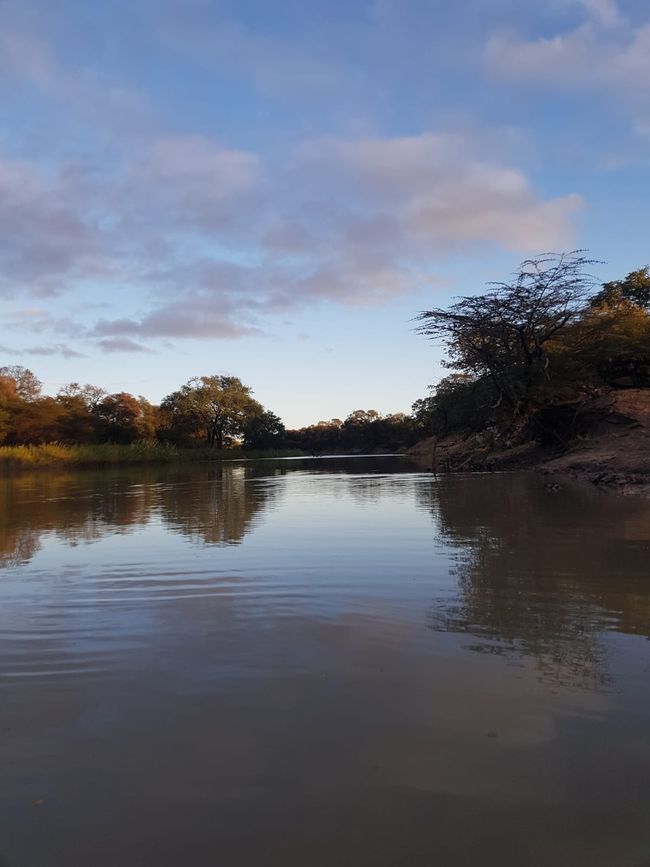
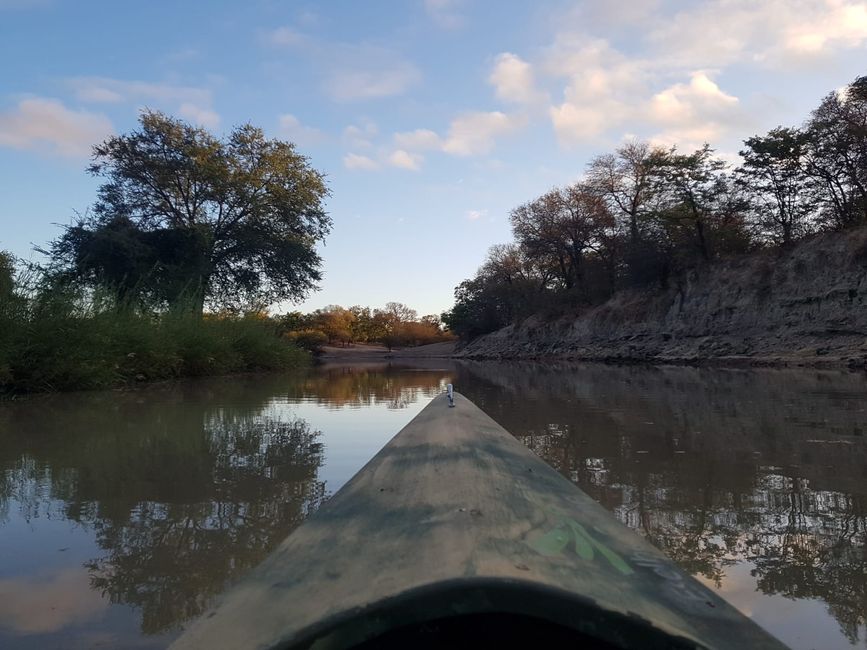
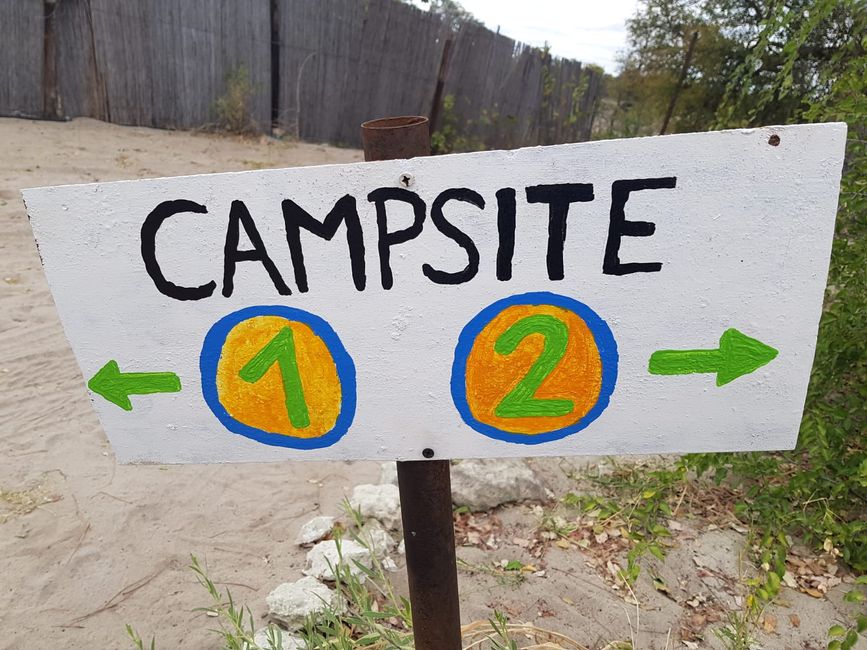
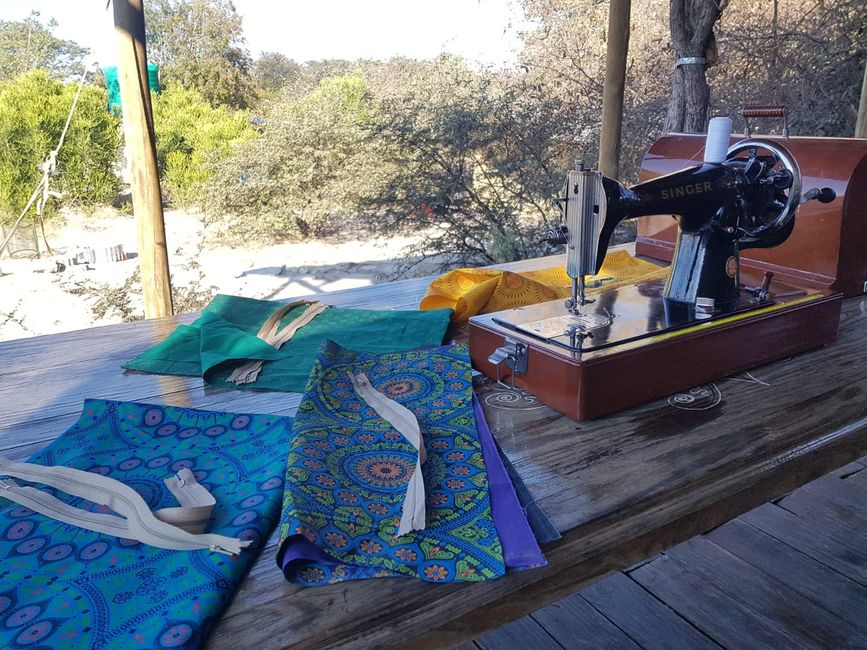
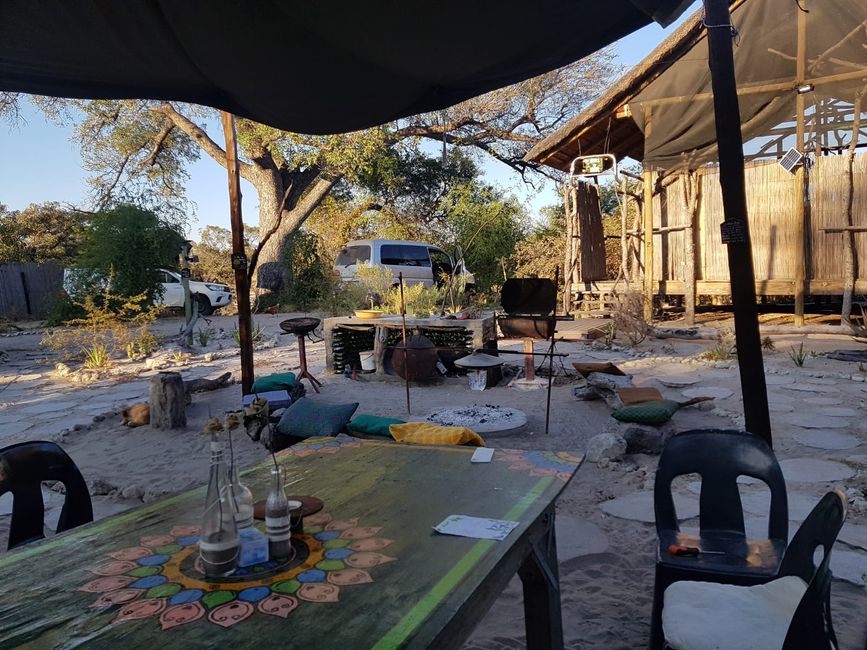
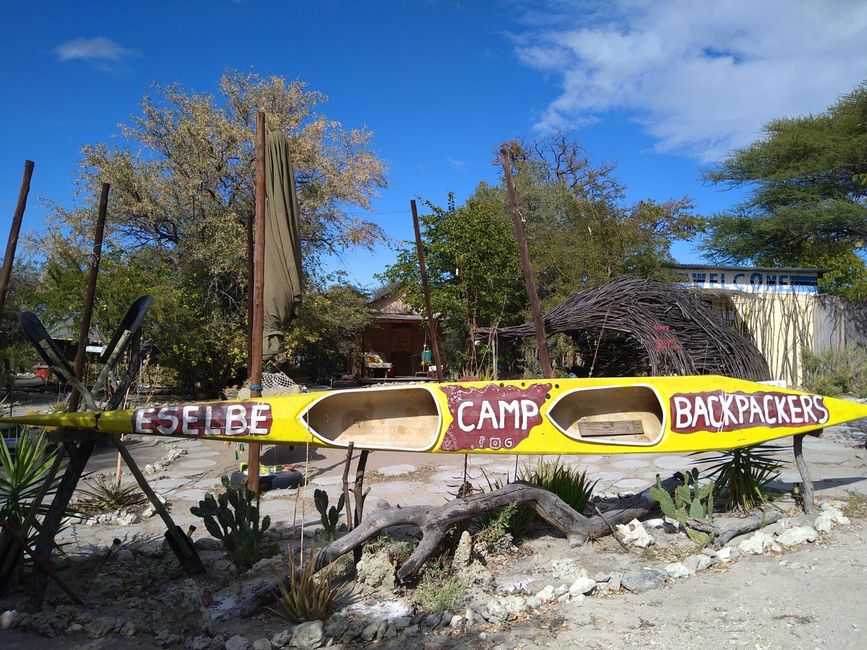
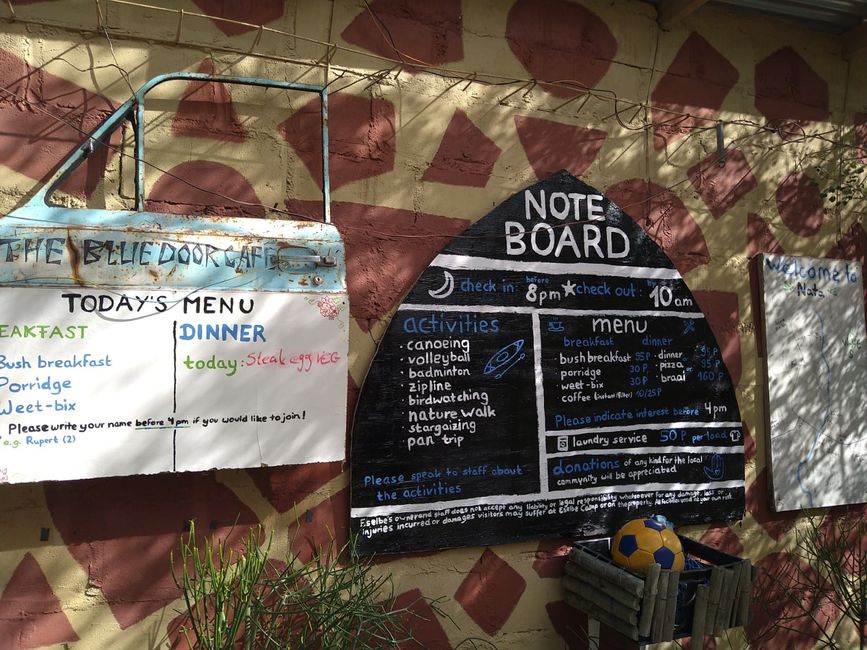
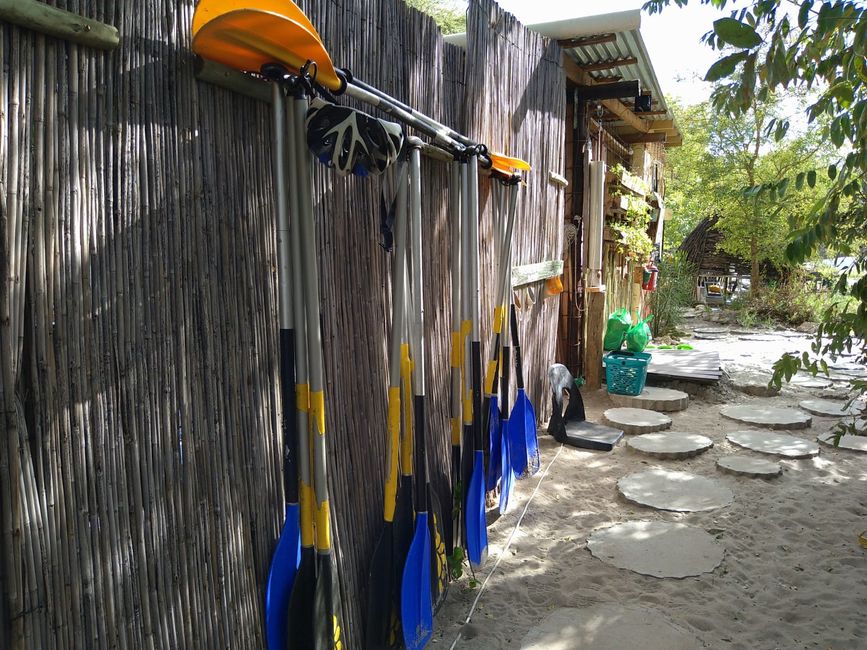
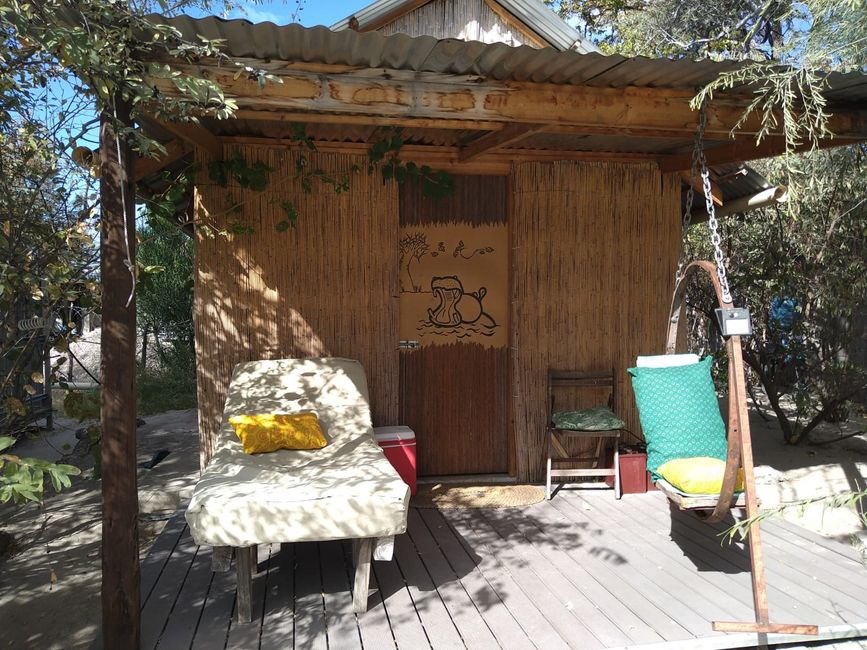
వార్తాలేఖకు సభ్యత్వాన్ని పొందండి
Those who have ever tried to plan a trip to Botswana will know the despair when, a few months before the trip, you realize that all campsites are fully booked up a year in advance. That's exactly what happened to us. With a bit of luck and the help of a booking agency, we were finally able to put together and book a two-week safari. Because here's the second problem: Many campsites in Botswana, especially those in the Okavango Delta, can only be booked through booking agencies (e.g. NDM, Botswana Footprints, BigFootSafaris). These agencies secure huge quantities of campsites years in advance, so that the campsites are officially fully booked. As a traveler, you are forced to inquire with the few available spots at the booking agencies and, of course, pay a more or less high booking fee. Nevertheless, we are simply happy that we managed to find campsites despite our tardiness. Since the campsites are significantly more expensive than in Namibia or South Africa (up to 50 US$ per person!) and we would like to stay in Botswana for a bit longer, we decided to do some volunteering work with Workaway for the last few weeks. This way, you can work a few hours a day in exchange for accommodation and meals at a "host" - for example, a camp, a farm, a family, etc. - and explore the surroundings in your free time. Additionally, after weeks of being just the two of us, it's nice to chat with other people and have some company.
In the small town of Nata in eastern Botswana, we found such a host. There is one of the few backpacker camps in Botswana, which was built by an individual just a few years ago - of course with the support of Workawayers. Up to about 20 guests can stay at the camp in cozy dorm tents, private chalets, and camping sites, but unlike other campsites in Botswana, at refreshingly affordable backpacker prices. Upon our arrival, we were already taken by the warm atmosphere. A backpacker from Germany was sitting at the large campfire - Germans are everywhere, after all - while the owner of the camp prepared pizza for everyone, which - typical Africa - ended up on the braai. Paddles and life jackets are waiting next to the communal kitchen for guests to go on canoe tours on the Nata River or simply relax in one of the hammocks. Everyone is super relaxed, you quickly get into conversations, and we feel right at home here.
As always with Workaway, there is a lot to do, but we can take it easy. On the first full day after our arrival, we plant a hedge around the camp and dig up the beach volleyball field to remove thorny grasses. The work is exhausting in the heat, but it still feels really good to do physical work again after all these months. The next few days, we repaint and varnish the tables and kitchen countertops to make everything look nice and new again. We can be really creative, repaint a few signs, and decorate the improvised hammock a bit more nicely. Armed with a hole saw and a cordless screwdriver, we drill large holes in plastic pipes on another day, into which small vegetable plants are then planted in recycled yogurt cups. Water runs through these pipes several times a day through a pump construction, automatically watering the plants. While Maxi helps paint a huge pool-like tank waterproof, I get to play around with an old Singer sewing machine. I sew many colorful pillow covers from African patterned fabrics with the old crank machine, which are filled with old plastic packaging. Since there is no garbage collection, waste separation or recycling in Botswana or here in the town, you have to get creative. Compared to normal pillows, sitting on plastic-filled pillows doesn't really feel any different. This way, the environment is not further polluted - because all the other residents seem to just dispose of their waste in the river or on the side of the road - and at the same time, the camp is beautified.
When we're not working, we use our free time to plan the rest of our journey and be a bit productive - we still have to submit a paper for university in August. Nevertheless, we manage to explore our surroundings a bit. On a very quiet day without any bookings, we grab our host and drive with him and his dog to the nearby Sua Pans, another salt pan in the Swiss-sized salt pan network. Currently, some areas are covered with a few centimeters of water from the Nata River. On a few days a year, the water even rises so high that you can paddle the 25 kilometers from the camp to here by kayak.
Although there is a 20-year age difference between us and our host, we get along great and enjoy our time together. With beer and Savanna cider, we watch the deep red sunset over the endless salt pans, while masses of flamingos and pelicans waddle in the water in front of us. When the first stars appear in the sky and are reflected in the water of the salt pan, we set off to use the last minutes of daylight to find our way back through the salt pans to Nata. Without our host, we would have never found this beautiful spot! With local people, you discover so much more than what's in the travel guides and Lonely Planets. What a wonderful day!
Our time at the camp goes by way too quickly. The two weeks fly by. Although there is still so much to do, so many projects to realize, we have to hit the road again. We are heading to one of the absolute highlights of southern Africa: the Victoria Falls!
వార్తాలేఖకు సభ్యత్వాన్ని పొందండి
సమాధానం
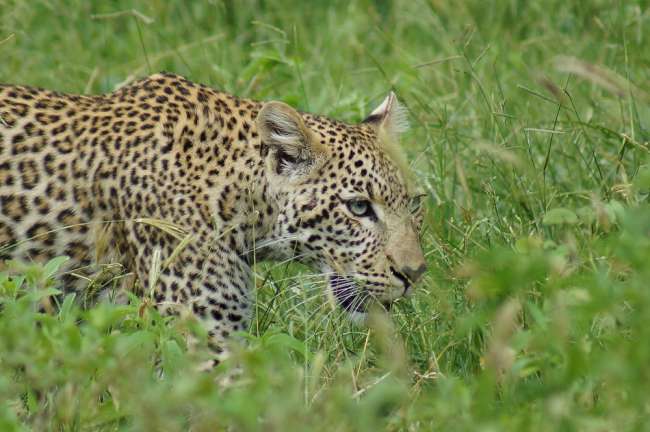
బోట్స్వానా ప్రయాణ నివేదికలు
